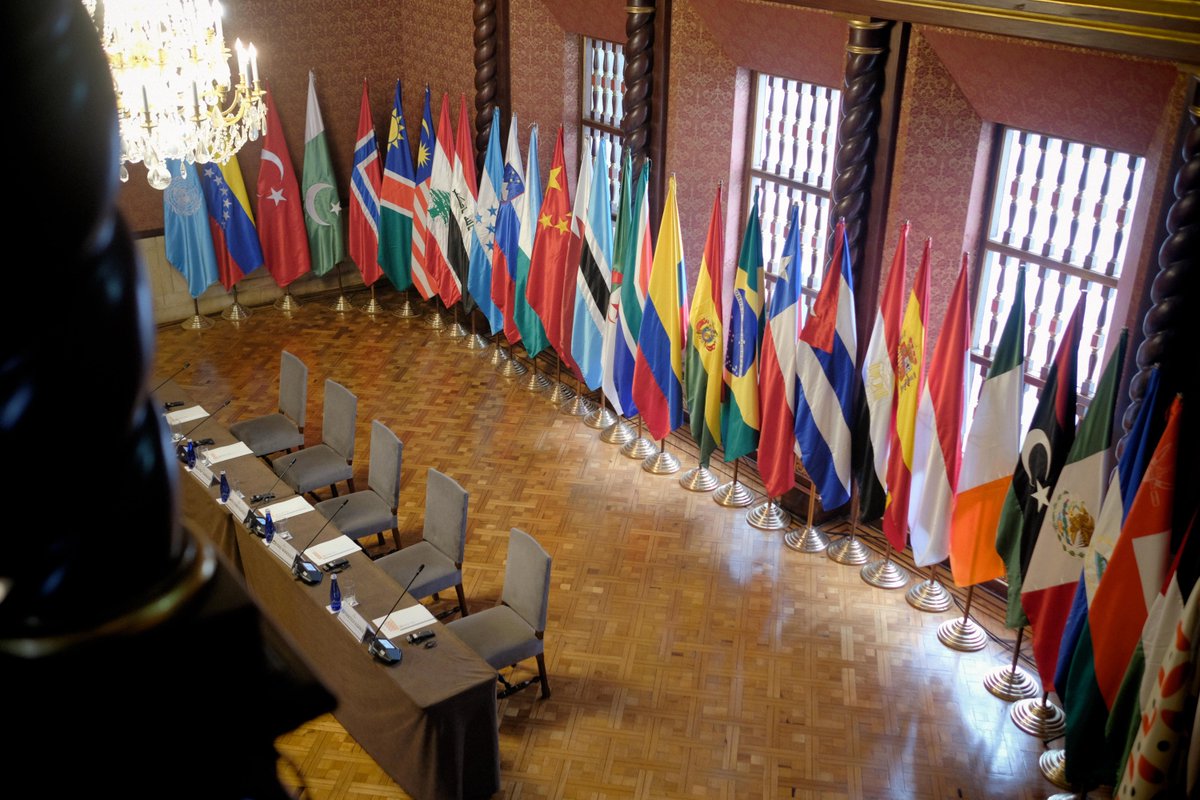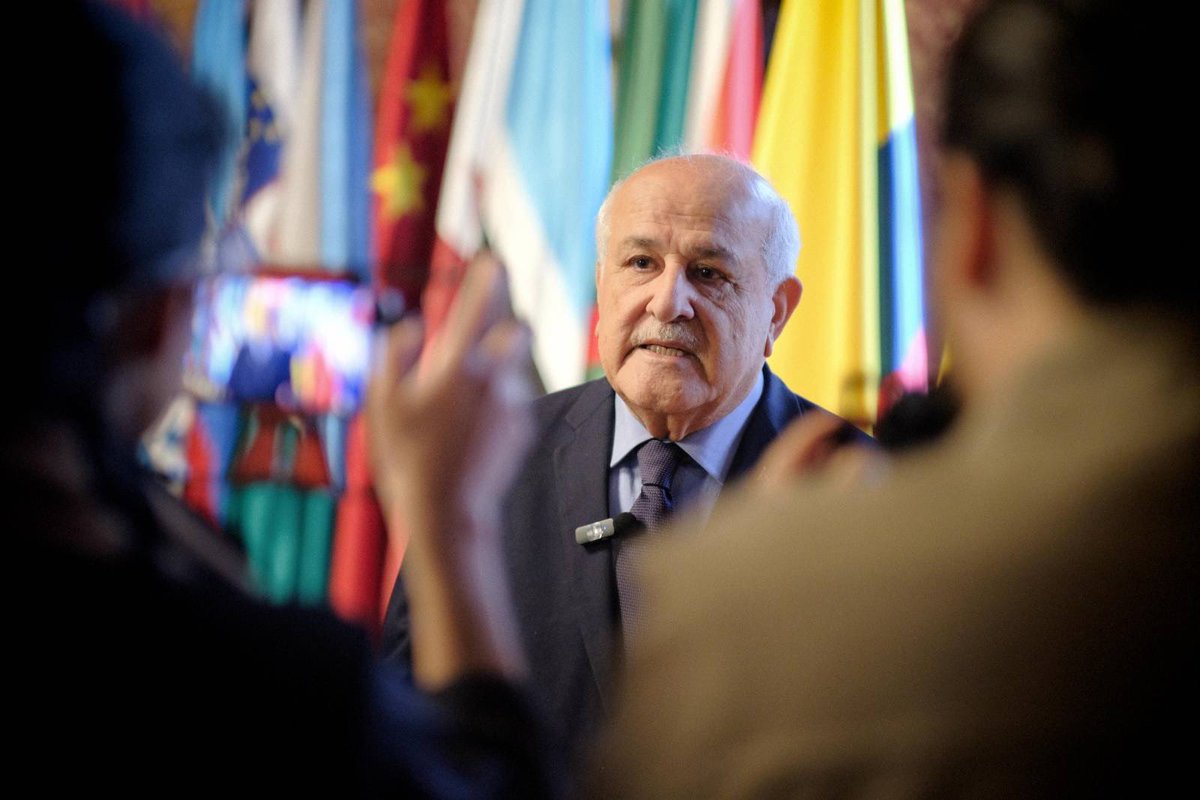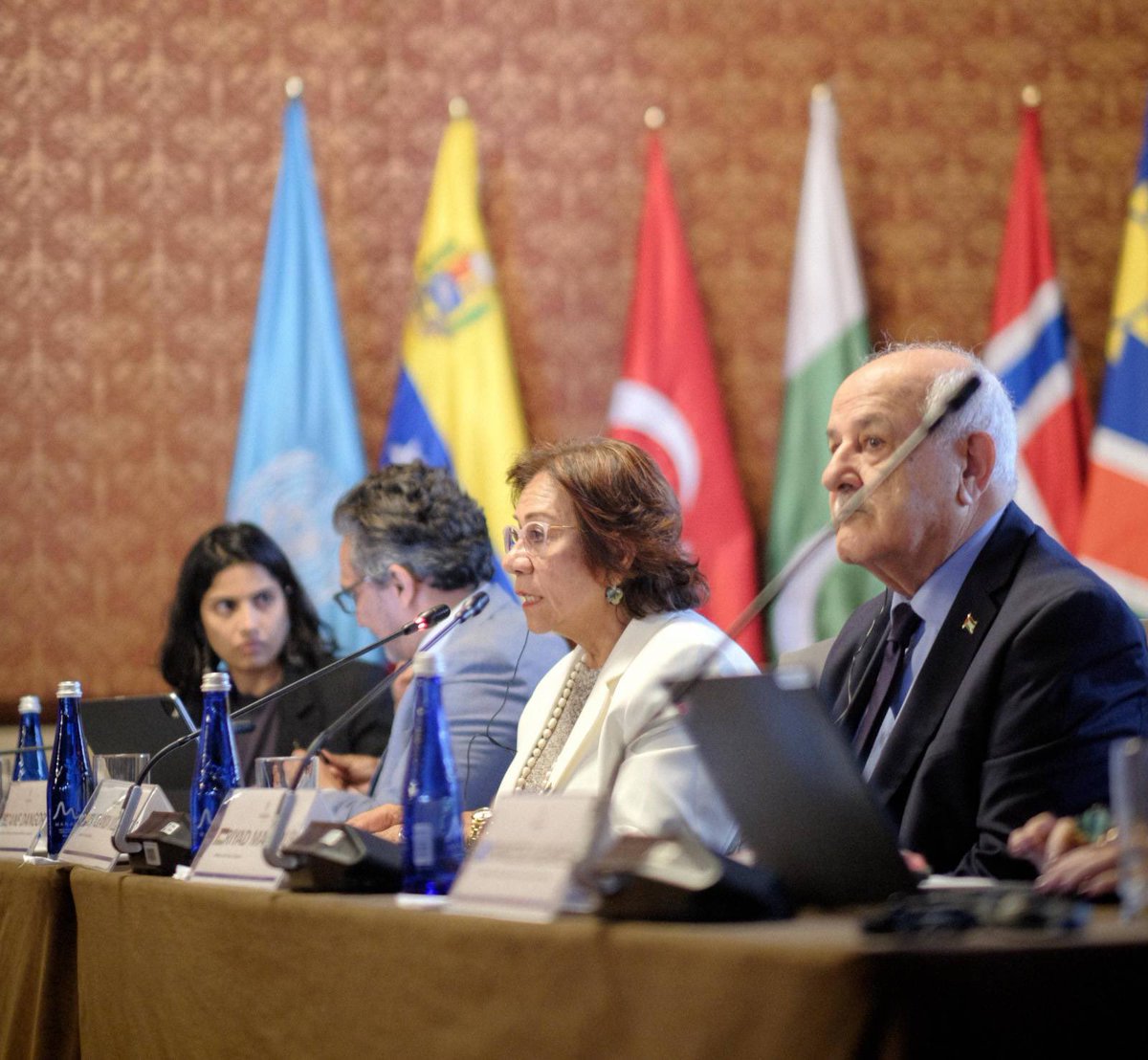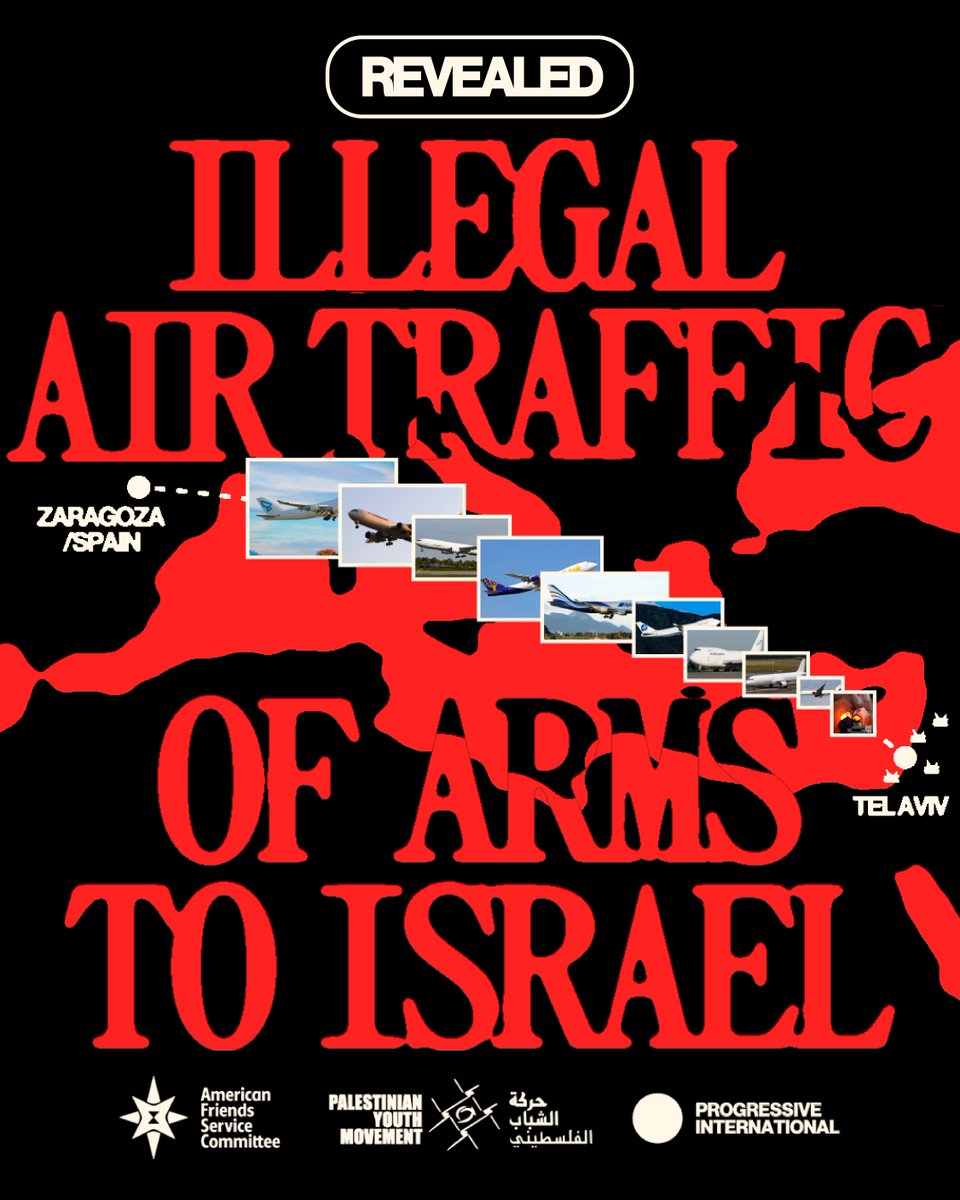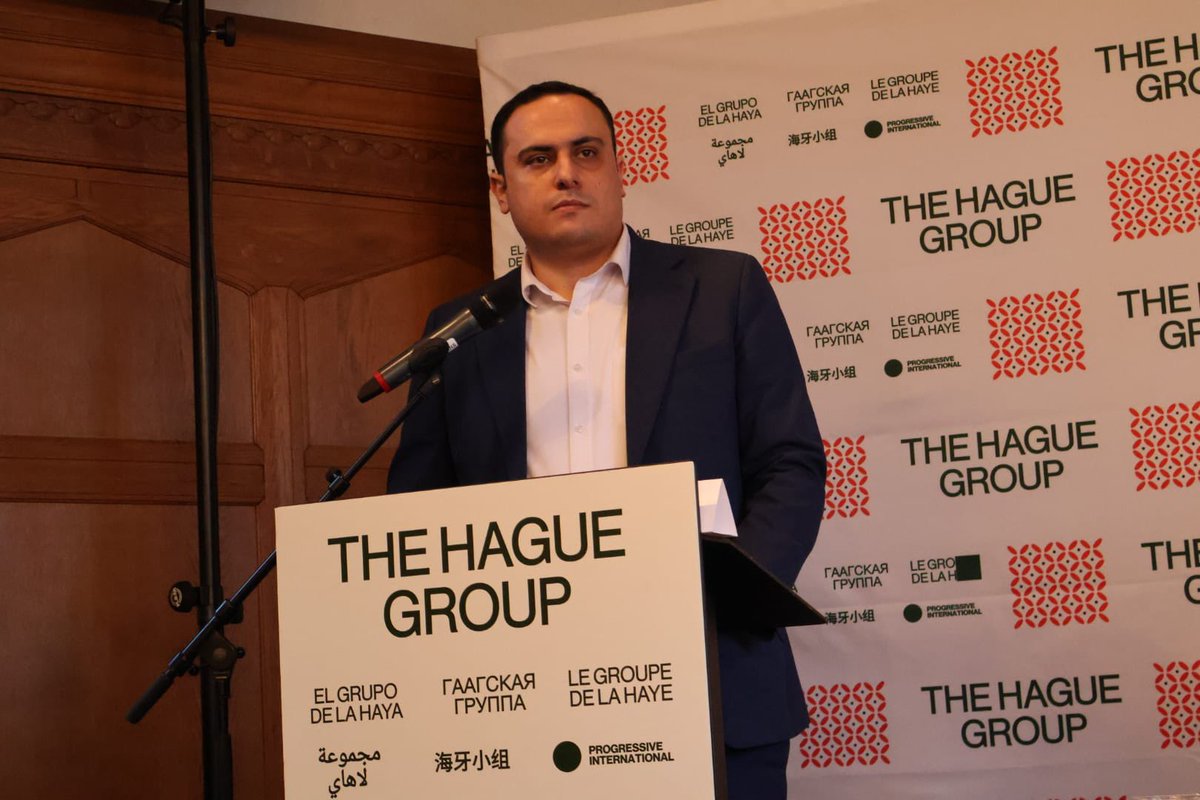On this day in 1975, Vietnam’s National Liberation Front defeated the invading US forces, paving the road to the reunification of Vietnam — and liberating its people from over a century of imperialist rule. 

“Our resistance will be long and painful, but whatever the sacrifices, however long the struggle, we shall fight to the end, until Vietnam is fully independent and reunified,” Ho Chi Minh warned in 1946 as Vietnam struggled for independence from French colonial rule. 

US involvement, which began after World War II and intensified from November 1955, would lead to a ten-thousand day war. It claimed an estimated 3.1 million Vietnamese lives — including 2 million civilians. 

The war would devastate the nation. Among countless atrocities, the US poured millions of litres of Agent Orange over Vietnam, deliberately targeting its agriculture and affecting 20% of its forests. The health, economic and environmental impacts are felt to this day. 
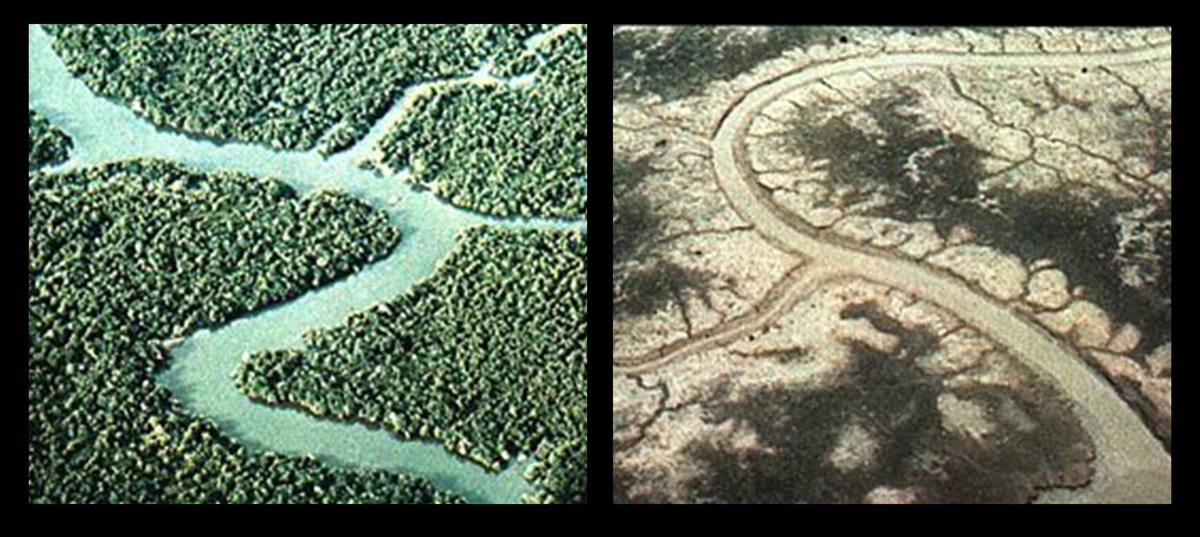
Today, we remember the struggle of the Vietnamese people and those who continue to fight against imperialism around the world. 

• • •
Missing some Tweet in this thread? You can try to
force a refresh


